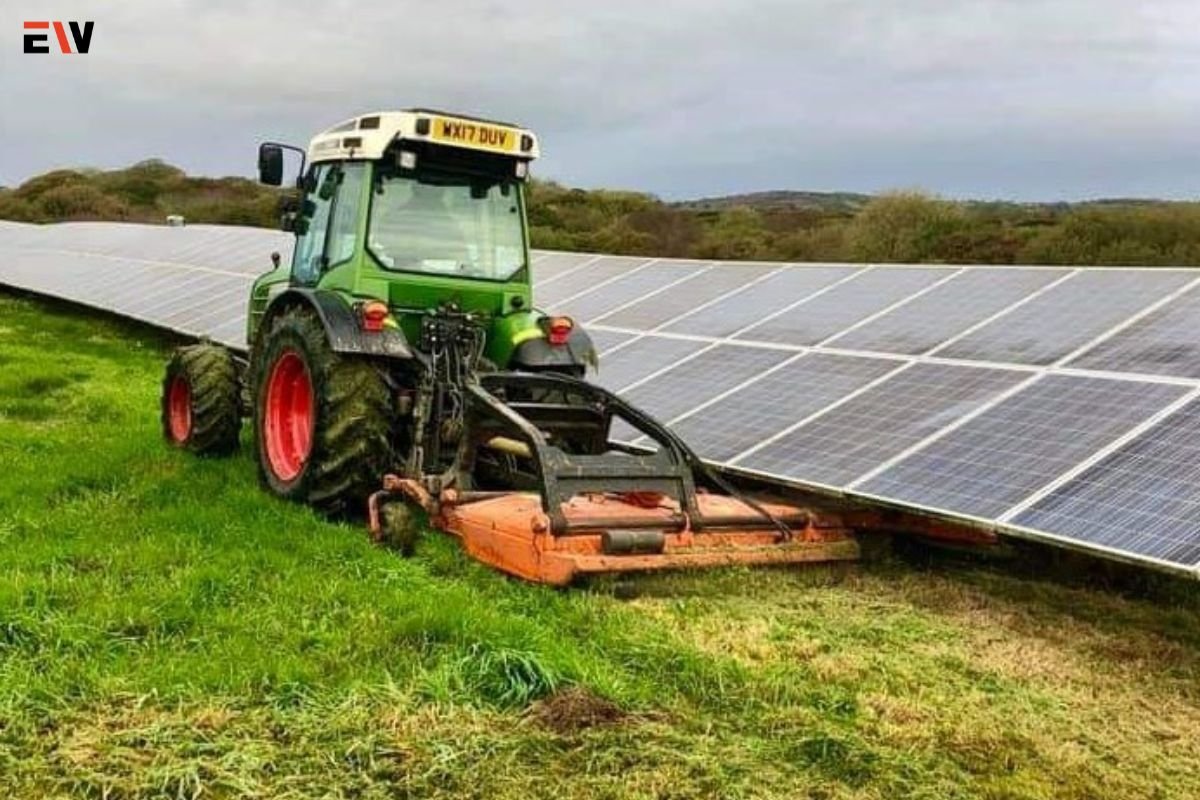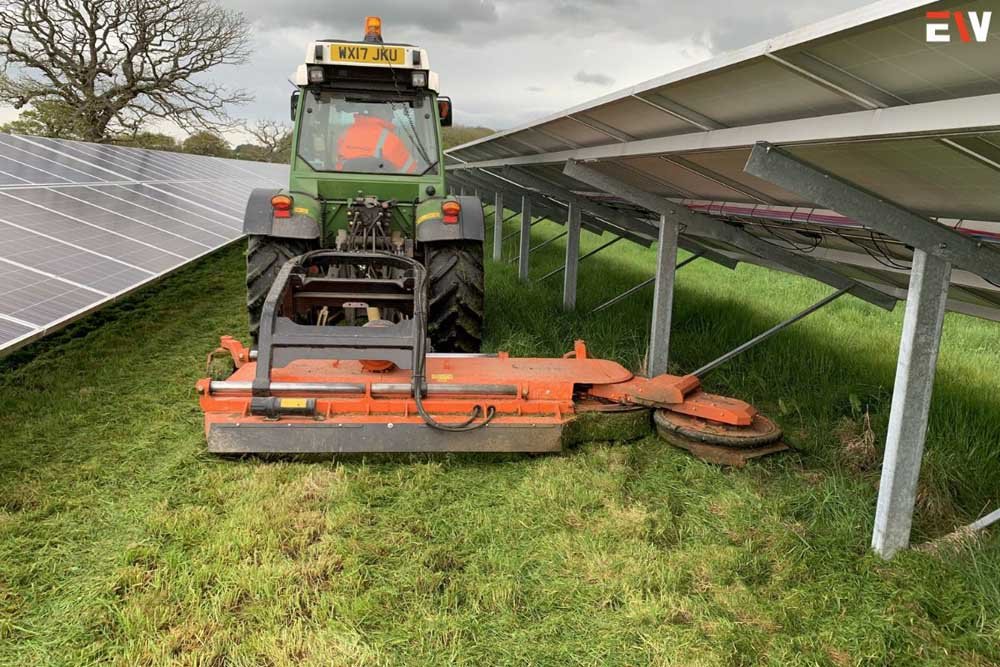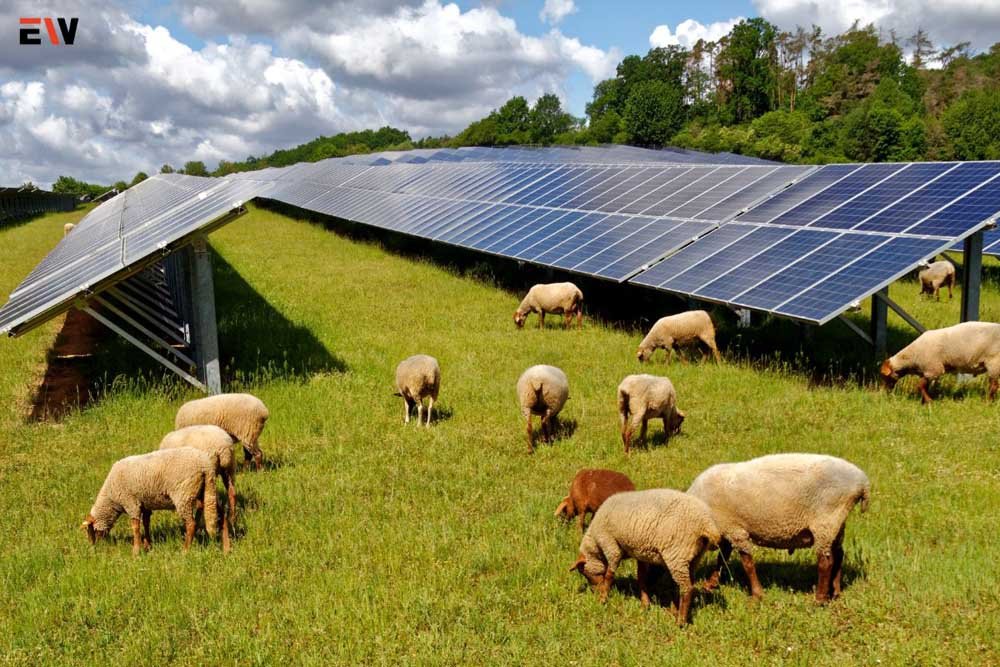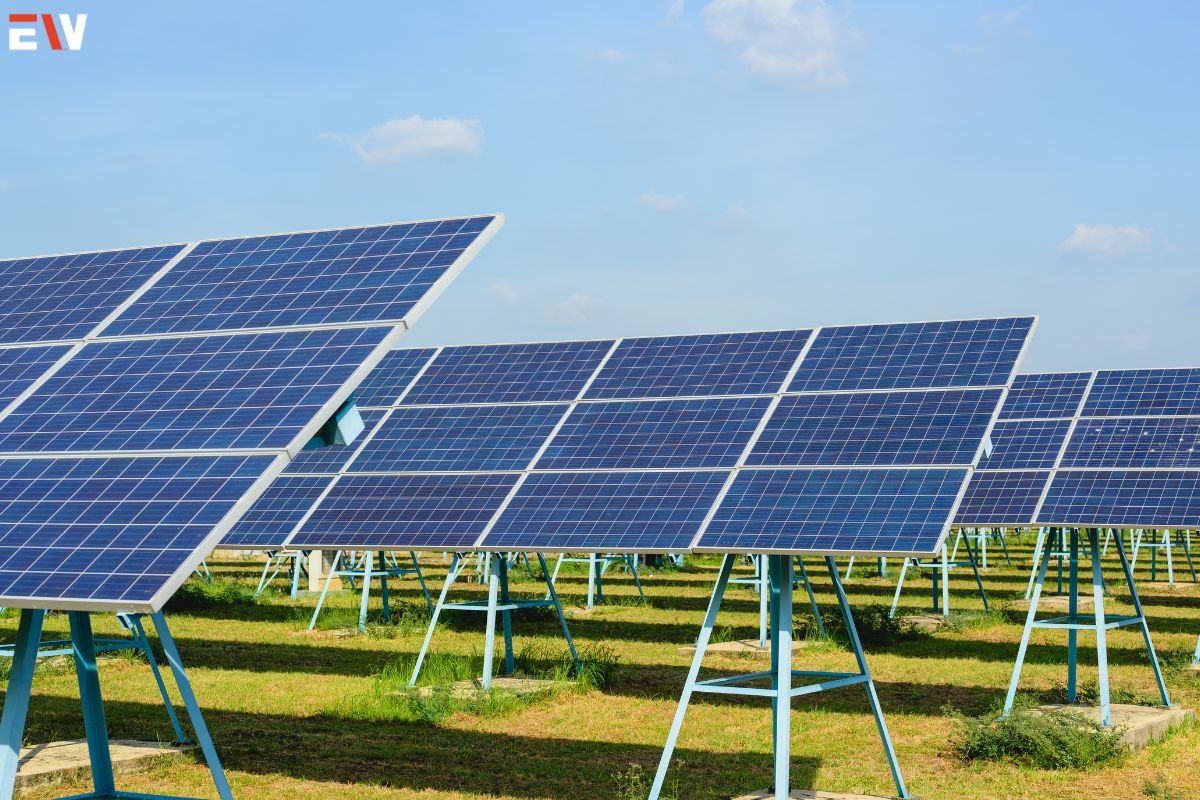As solar energy continues to grow as a leading source of renewable energy, maintaining the vast expanses of solar farms has become a crucial aspect of ensuring their efficiency and longevity. One innovative solution to this challenge is the use of solar farm mowers. These specialized mowers offer an environmentally friendly and efficient way to manage vegetation around solar panels, helping to maximize energy production and reduce maintenance costs. This article explores the benefits, types, and best practices for using solar farm mowers.
Why Solar Farm Mowers?
1. Efficiency and Productivity:
- Uninterrupted Energy Production: Overgrown vegetation can shade solar panels, reducing their efficiency. Solar farm mowers help keep the area clear, ensuring maximum sunlight exposure and energy production.
- Cost Savings: Regular mowing reduces the need for manual labor and other more expensive vegetation management methods, lowering operational costs.
2. Environmental Benefits:
- Reduced Carbon Footprint: Solar farm mowers, particularly those powered by renewable energy sources, help reduce greenhouse gas emissions compared to traditional gas-powered mowers.
- Biodiversity Promotion: Properly managed vegetation can promote biodiversity, creating habitats for local wildlife without compromising the efficiency of the solar farm.
3. Safety and Accessibility:
- Minimized Fire Risk: Overgrown vegetation can pose a fire hazard. Regular mowing helps minimize this risk, ensuring the safety of the solar farm.
- Improved Access: Clear pathways make it easier for maintenance crews to access and service solar panels and other equipment.
Types of Solar Farm Mowers
1. Robotic Mowers:
- Autonomous Operation: Robotic mowers are equipped with sensors and GPS technology to navigate the solar farm autonomously, providing consistent and precise mowing.
- Low Maintenance: These mowers require minimal human intervention, reducing the time and effort needed for maintenance.

2. Solar-Powered Mowers:
- Eco-Friendly: Powered by solar energy, these mowers offer a sustainable alternative to traditional fuel-powered equipment.
- Energy Efficiency: They are designed to operate efficiently using the energy generated from the solar panels, ensuring a low environmental impact.
3. Sheep Grazing:
- Natural Mowing: Using sheep to graze the vegetation around solar panels is an effective and eco-friendly method of maintaining the area.
- Dual Benefits: This method not only keeps the vegetation under control but also supports local agriculture by providing grazing land for sheep.
4. Tractor-Mounted Mowers:
- Versatility: These mowers can be attached to tractors, offering flexibility and the ability to handle different terrains and vegetation types.
- Manual Control: While they require an operator, tractor-mounted mowers are efficient for larger solar farms and challenging landscapes.
Best Practices for Using Solar Farm Mowers
1. Regular Maintenance Schedule:
- Consistency: Implement a regular mowing schedule to prevent vegetation from growing too high and obstructing solar panels.
- Seasonal Adjustments: Adjust the frequency of mowing based on seasonal growth patterns and weather conditions.
2. Integrate Technology:

- Monitoring Systems: Use technology to monitor vegetation growth and identify areas that need mowing, optimizing the efficiency of maintenance efforts.
- Automation: Incorporate autonomous and robotic mowers to reduce labor costs and improve precision.
3. Environmental Considerations:
- Eco-Friendly Practices: Choose mowers that have minimal environmental impact, such as solar-powered or electric mowers.
- Habitat Preservation: Balance vegetation management with the preservation of local wildlife habitats, promoting biodiversity.
4. Safety Measures:
- Training: Ensure that all personnel operating mowers are properly trained in safety protocols and equipment handling.
- Fire Prevention: Keep the area around solar panels clear of dry and combustible vegetation to reduce fire risks.
5. Community Engagement:
- Local Partnerships: Partner with local farmers and agricultural organizations for sheep grazing programs, supporting the local economy and sustainable practices.
- Education: Educate the community about the benefits of solar farm mowers and the importance of vegetation management for renewable energy production.
Case Studies
1. Robotic Mowers in Large Solar Farms:
- Example: A large solar farm in California implemented robotic mowers to maintain its 200-acre facility. The autonomous mowers significantly reduced labor costs and increased efficiency, ensuring optimal energy production year-round.
- Outcome: The use of robotic mowers led to a 20% increase in energy output by preventing shading from overgrown vegetation.
2. Sheep Grazing at a UK Solar Farm:

- Example: A solar farm in the UK partnered with a local shepherd to use sheep for vegetation management. The initiative provided grazing land for the sheep and maintained the solar farm’s efficiency.
- Outcome: This method proved cost-effective and environmentally friendly, reducing the need for mechanical mowing and fostering community relations.
3. Solar-Powered Mowers in Europe:
- Example: Several solar farms in Europe have adopted solar-powered mowers to maintain their sites. These mowers operate using the energy generated by the solar panels, showcasing a closed-loop system of sustainability.
- Outcome: Solar-powered mowers reduced operational costs and emissions, aligning with the solar farms’ sustainability goals.
Conclusion
Solar farm mowers are a vital component in the maintenance of solar farms, ensuring that these renewable energy sites operate at peak efficiency. By adopting environmentally friendly and efficient mowing practices, solar farms can reduce costs, enhance energy production, and support sustainability. Whether through robotic mowers, solar-powered equipment, or innovative methods like sheep grazing, the future of solar farm maintenance is green and promising.










